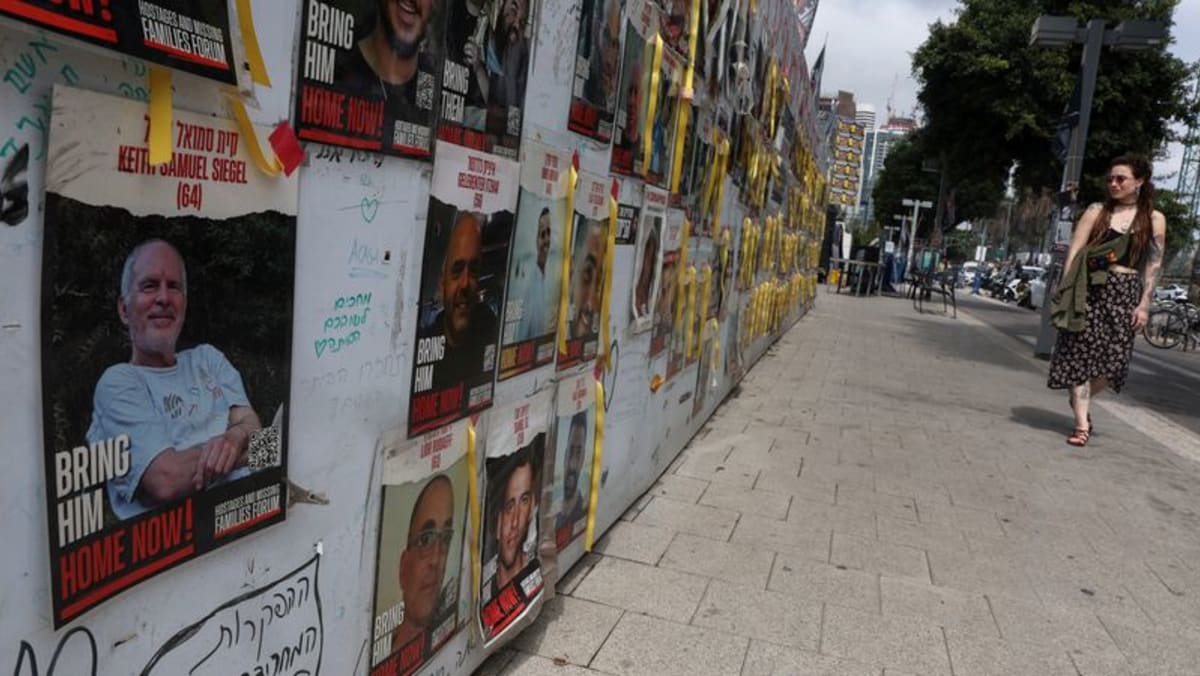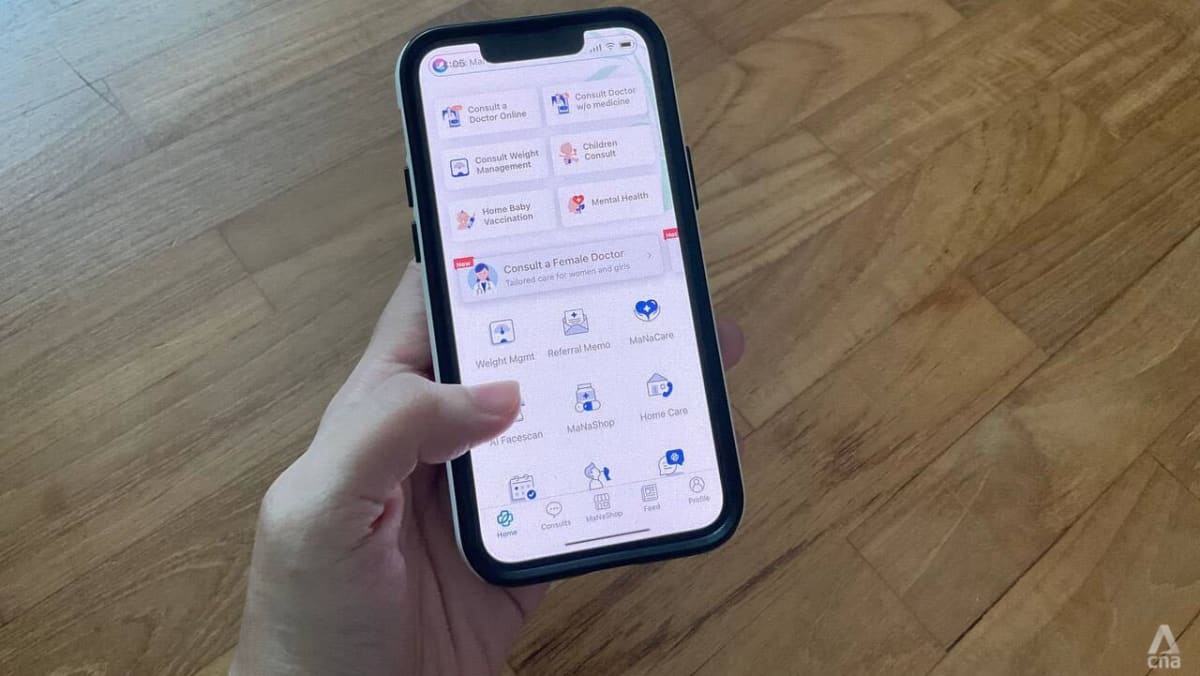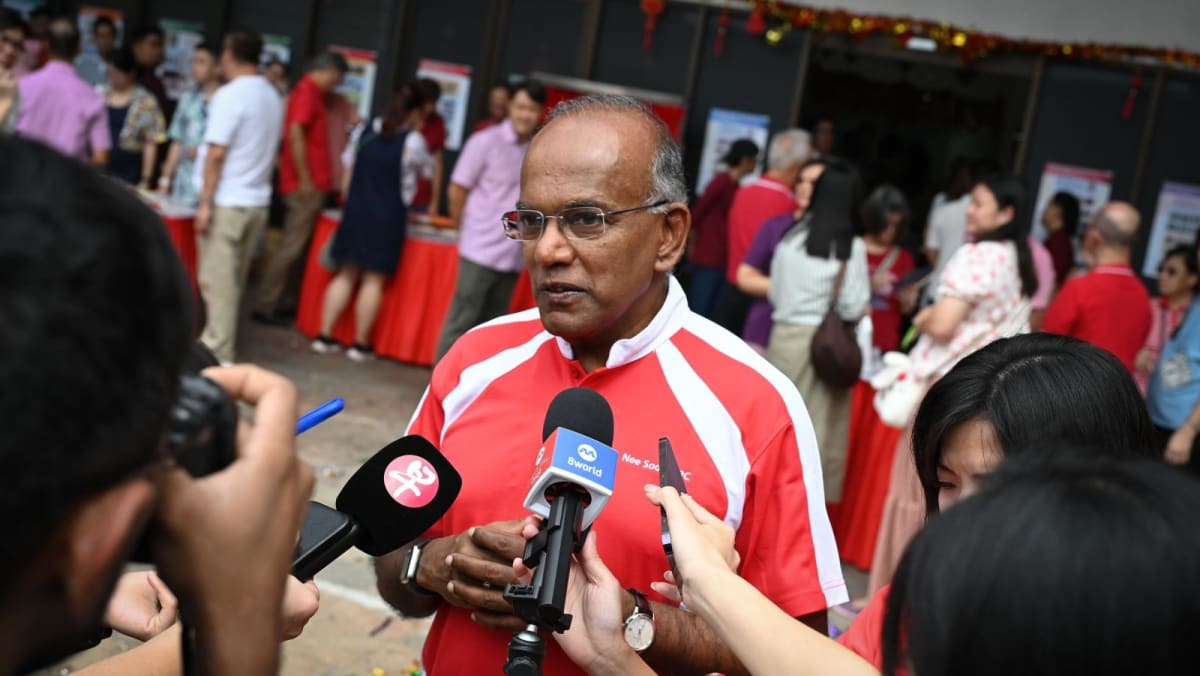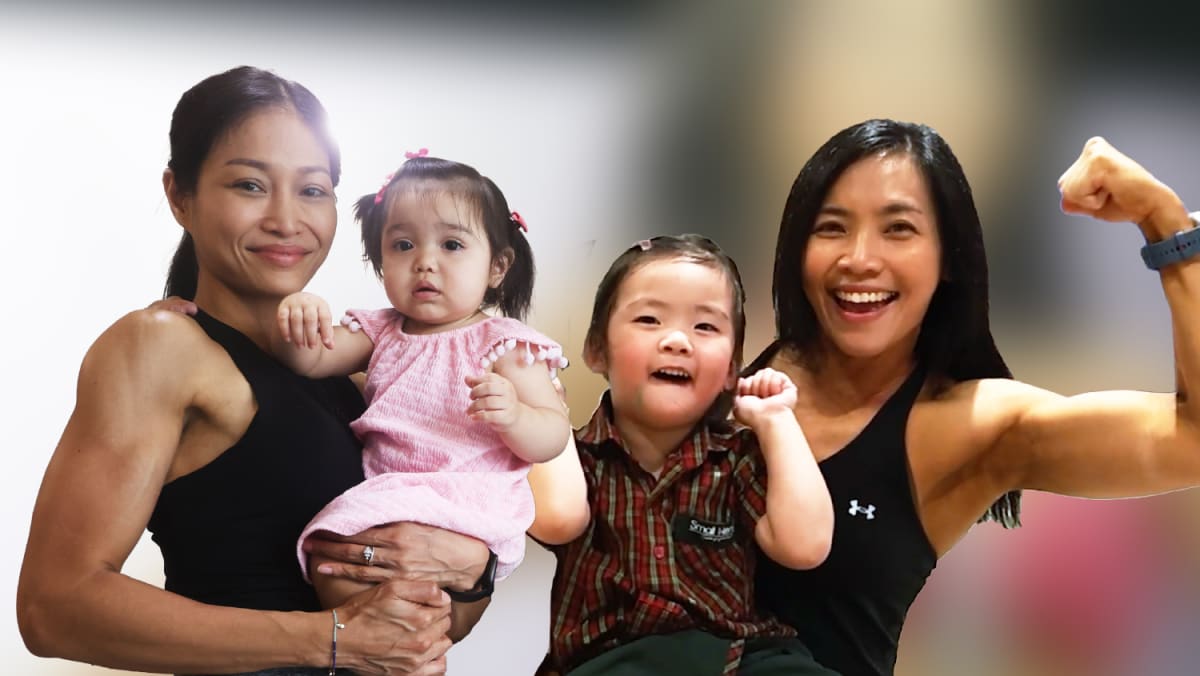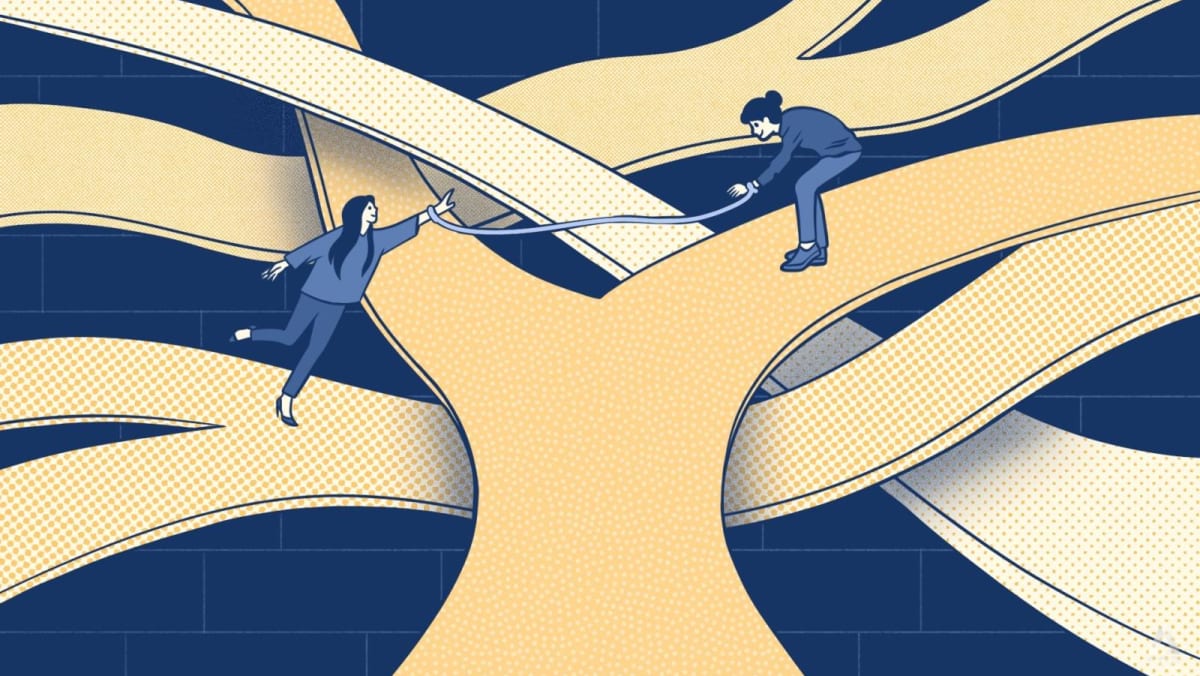TELEMEDICINE APPS STEPPING UP CHECKS
In the wake of the MaNaDr incident, some telemedicine apps and healthcare providers told CNA they are stepping up checks on their doctors and patients to prevent abuse.
Digital healthcare provider Speedoc, which offers house calls by doctors and telemedicine, said it has implemented additional checks and audits on how its doctors issue MCs.
This is to ensure that the MCs are granted appropriately and align with regulatory standards, said the company’s chief executive officer Dr Shravan Verma.
Dr Verma added that if a patient visits repeatedly for video consultations, they may recommend an in-person consultation to ensure that no underlying conditions are overlooked.
Similarly, Fullerton Health, which also offers teleconsultations, said it has an alert for repeated-visit patients who undergo three or more consultations within the calendar month.
“These metrics will help doctors advise such patients to go to a physical clinic for a thorough assessment of unresolved or frequent health condition,” said its spokesperson, adding that its platform also summarises the dates and duration of MCs issued for each patient.
Last year, CNA reported concerns about certain telemedicine apps issuing MCs after extremely brief consultations. In one instance, a CNA reporter obtained an MC from MaNaDr after a remote consultation that lasted only 43 seconds.
Dr Zeng Zhi Yong, a resident doctor at BCH Clinic @ Pasir Ris, said he conducts about two to three consultations per week, which usually take around five to 10 minutes.
“It would be difficult to go through everything in one minute because there are other things to go through besides asking them about their symptoms. We also need to look at possible red flags. For instance, if they say they have a headache, we might ask them to take their temperature to see if they are having a fever too,” he said.
Dr Zeng said his clinic only conducts teleconsultations for patients who have visited the clinic in person before.
Besides protocols to prevent malingering, telehealth providers CNA spoke to said their doctors have to undergo a vetting process before they are allowed to conduct teleconsultations.
Telemedicine app Doctor Anywhere said it requires all doctors to provide information on their current employment, licensing and telemedicine experience, including proof of completing the health ministry’s mandatory telemedicine e-training.
It does not employ doctors working in public healthcare or those with potential conflicts of interest.
Similarly, Raffles Medical said all teleconsultations are conducted by trained family physicians and general practitioners. All doctors on its teleconsultation platform are employed full-time and it does not hire external locums.
Similarly, Dr Zeng said locum doctors at his clinic are not allowed to conduct teleconsultations.
“We do this because we would want our patients to see a familiar face, so that it’s a bit more comfortable,” said Dr Zeng.
However, the private doctor who works part-time on telemedicine apps remained sceptical about how effective these measures are in guarding against telehealth abuse.
She pointed out that repeat-visit alerts only work if patients use the same platform.
If a patient uses a different telemedicine app, the doctor would not be aware of their previous consultations on other platforms unless the patient disclosed this.
Setting a minimum duration for teleconsultations may not work too, she said, as some conditions do not require much time to diagnose.
“These measures are more for the doctors to be able to protect themselves,” she said.
“Honestly, the patients who abuse telehealth, or the whole MC system, will continue to do so. They should also be held liable for their behaviour.”
